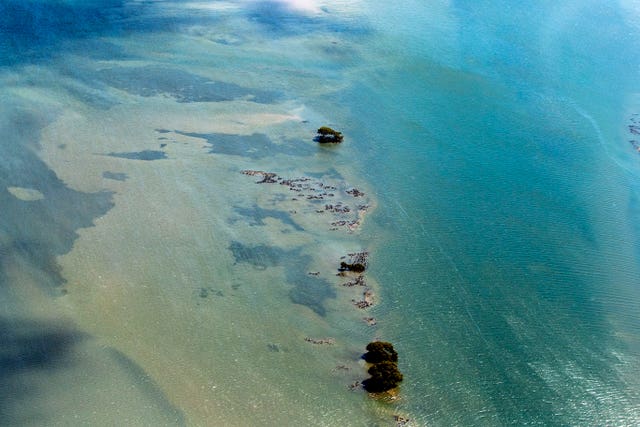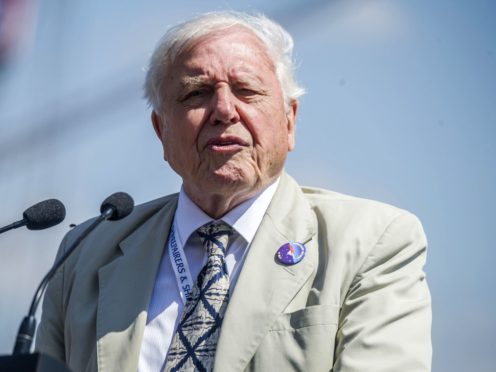Humans are “critically dependent” on the health of the natural world for everything including oxygen and food, Sir David Attenborough has warned.
In an interview with BBC Science Focus Magazine, he said he felt the world was now more aware of environmental issues – though the problems have got bigger too.
But the naturalist said there were some people who would “never change their opinions”, suggesting US President Donald Trump could be one of them, and said it was important to try to put people in power who see the truth.
Speaking ahead of his new Netflix series, Our Planet, made with conservation charity WWF and Silverback Films, he said: “You, me and the rest of the human species are critically dependent on the health of the natural world.
“If the seas stop producing oxygen, we would be unable to breathe, and there is no food that we can digest that doesn’t originate from the natural world.
“If we damage the natural world, we damage ourselves.”
Asked what he would say to those who are not working for the good of the environment, he said: “I would do the same as I do to anybody else – I would say: these are the facts.
“But there are some people who are never going to change their opinion, and it could well be that Mr Trump is one of them.
“If you’re in a democratic society, you convince the electorate that you’re right, and try to put people in power who see the truth.”

Earlier this year, the naturalist urged politicians and business leaders at the World Economic Forum in Davos, Switzerland, to protect the natural world.
While he told BBC Science Focus Magazine it would be naive to think powerful people were going to change overnight after he spoke at the event, “great sea changes” do happen and “it’s up to us to bring that about”.
He also said he would love to just highlight the wonders of wildlife, but natural history film-makers “have a responsibility for pointing out that, unless we change our ways, they’re not going to be here for ever”.
Sir David named Australia’s Great Barrier Reef as the natural wonder he most wanted his great-grandchildren to be able to see.
The full interview appears in BBC Science Focus March issue, which is on sale on April 3.
